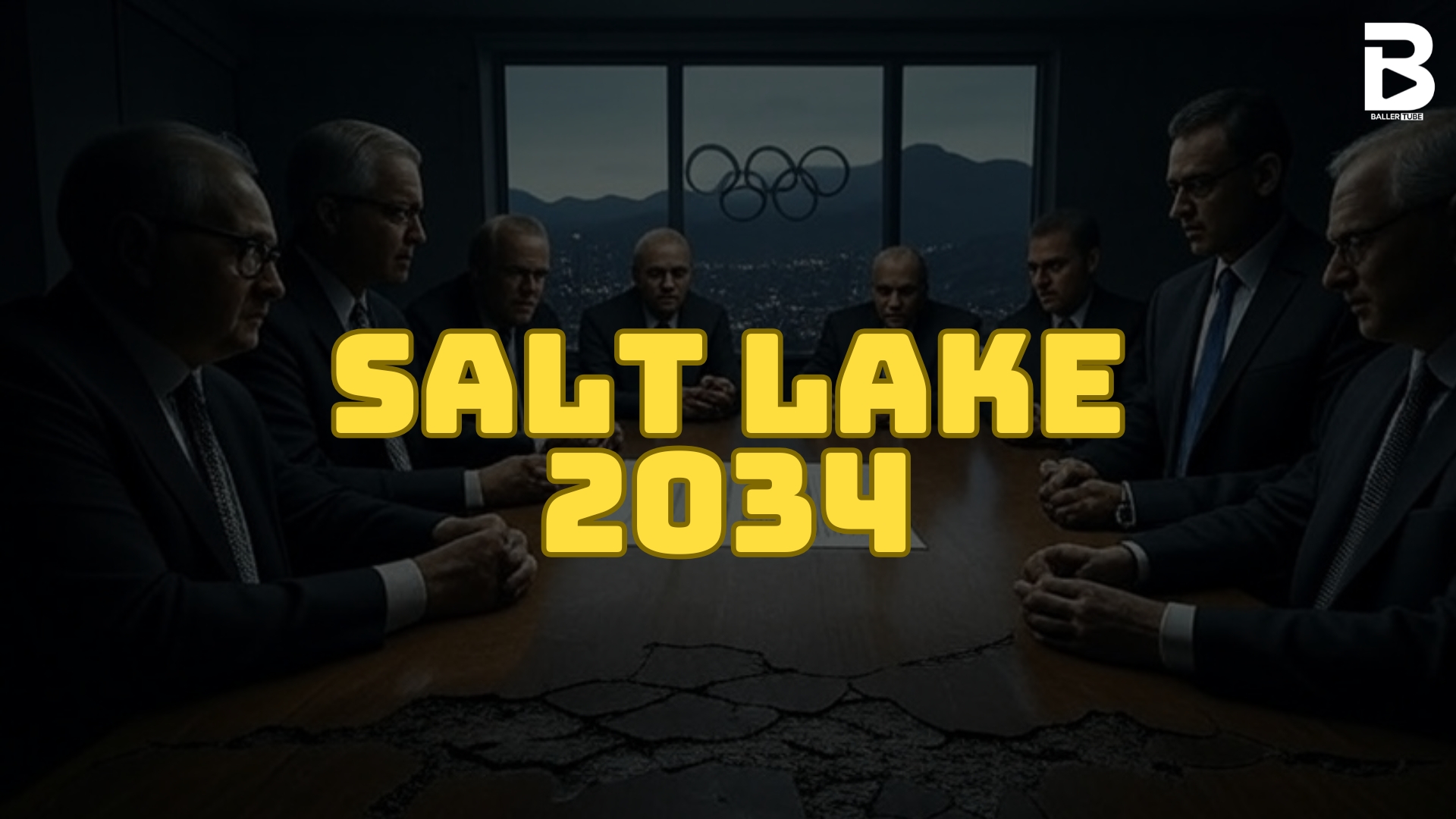On the surface, the news was a moment of pure triumph: Salt Lake City, a city with a proven track record and deep winter sports pedigree, was officially awarded the 2034 Winter Olympic Games. It should have been a celebration of sport, partnership, and a decade of planning. Instead, the coronation was tainted by a stunning and audacious display of political hardball, revealing a dark underbelly to the Olympic dream. The International Olympic Committee (IOC) didn't just award the Games; it leveraged them, effectively demanding that Utah officials lobby their own federal government to halt an investigation into a major international doping scandal.
The move is as brazen as it is hypocritical. The investigation in question, being conducted by the U.S. Department of Justice, concerns the case of 23 Chinese swimmers who tested positive for a banned substance before the Tokyo Olympics but were cleared to compete by the World Anti-Doping Agency (WADA) after it accepted China's explanation of food contamination. The IOC, the supposed guardian of fair play and the integrity of competition, has now publicly strong-armed the 2034 host city into working to quash a legitimate inquiry into potential cheating.
This isn't merely a diplomatic disagreement; it is a frontal assault on the principles the Olympics claim to embody. By inserting a clause into the host city contract that pressures U.S. officials to recognize WADA as the "supreme authority" on doping and to "alleviate" the IOC's concerns about the federal investigation, the committee has cast itself as an organization more interested in protecting its power than in pursuing the truth. It's a chilling message: the price of hosting the five-ring circus is to turn a blind eye to potential corruption and to subordinate national law to the whims of a global sporting body.
This power play exposes the long-simmering conflict between international sports federations and sovereign nations. The IOC and WADA have long chafed at U.S. law, particularly the Rodchenkov Anti-Doping Act, which grants American authorities the power to prosecute international doping conspiracies. They see it as an overreach, a threat to their autonomy. By forcing Utah's hand, they are attempting to create a firewall, ensuring their control over the narrative and enforcement of anti-doping rules, even when their own handling of cases raises serious questions.
For Salt Lake City, this is a Faustian bargain. The economic benefits and global spotlight of the Games are immense, but they have been secured at a steep ethical cost. Utah officials, caught between their national obligations and the IOC's demands, have been placed in an impossible position, forced to publicly agree to lobby on the IOC's behalf.
The 2034 Winter Games will undoubtedly be a spectacular event. The mountains will be pristine, the venues will be state-of-the-art, and athletes will achieve incredible feats. But the foundation upon which these Games are being built is cracked. When the guardian of the flame works to extinguish the light of inquiry, it loses its moral authority. Salt Lake City has won the right to host the world, but it has done so by accepting a pair of golden handcuffs, a sparkling symbol of a dream that now feels uncomfortably compromised.






 David Haye (England) vs Wladimir Klitschko (Ukraine) | BOXING Fight, HD
David Haye (England) vs Wladimir Klitschko (Ukraine) | BOXING Fight, HD

















